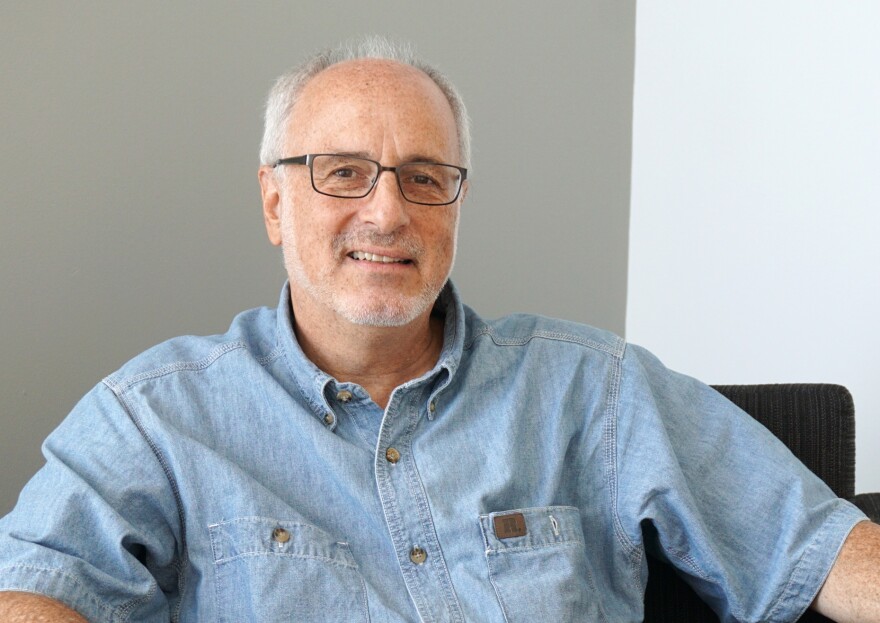The Great Flood of ’93 took a severe toll on St. Louis as an unprecedented weather phenomenon. But St. Louis is no stranger to floods, tornadoes, heat waves, ice storms and more.
Amid dealing with the effects of these events, St. Louisans should be aware that climate change has the potential to increase the frequency of them as well.
On Monday’s St. Louis on the Air, host Don Marsh spoke with Andrew Hurley, a history professor at the University of Missouri – St. Louis, about his examination of the climate from a historical perspective in St. Louis.
“Really what we’re talking about is weather – that’s how most people experience climate,” Hurley said. “When people think of history and people think of the history of their city, or their neighborhood, weather is typically very far from their thoughts. We think of history in terms of major events that tend to come and go – wars, particular political leaders or technologies, [but] the weather’s always there, so we kind of take that for granted.”
According to Hurley, weather plays an important role in history and “it’s so intricately integrated into the urban fabric and the history of urban development.”
Hurley uses historical research to aid Missourians in prepping for climate change as a part of a project referred to as “The Missouri Transect: Climate, Plants and the Community.” The project is in its fifth and final year.
“What I’ve been attempting to do over the last few years is just going out to the neighborhoods and working with neighborhood organizations and different civic activists who have an inclination and the power to make changes in their neighborhood,” Hurley said. “My particular approach has been working with groups who are involved in planning processes in particular.”
Through his research, Hurley has taken a look at the neighborhood level to understand how weather events have shaped urban development and how urban residents have responded – primarily over the 20th century.
“There’s been a tremendous change in the way weather impacts urban society and the way we respond to it,” Hurley said.
When asked if that change had to do with the climate, he responded that, “climate change has been the least of it; it’s actually change as in the urban form and the way the urban landscape has changed, mediating the impact of weather on urban life.”
Hurley then provided an example for clarification.
“One hundred years ago, we didn’t have air conditioning, so the way we coped with heat was very different,” Hurley explained. “One of the interesting things that has come up in the research is that during heat waves in the past, people used to sleep in the parks, and if you talk to St. Louisans who have been around a while, they’ll love to tell you stories about no matter what part of the city you were in people would go to the nearest park and kind of camp out there all night.”
While climate change is generally regarded as a phenomenon that is indeed occurring, Marsh asked Hurley about those who deny it.
“In the city of St. Louis, what I’ve encountered is a very high acknowledgement of climate change as a real phenomenon,” Hurley said. “The challenge that I have faced … is convincing people that it matters to them in a place like St. Louis … people in coastal cities understand what the peril is; it’s harder to make that case here in St. Louis.”
For those interested in submitting a testimony of the way climate has influenced their neighborhoods specifically, visit placestories.missouriepscor.org.
St. Louis on the Air brings you the stories of St. Louis and the people who live, work and create in our region. St. Louis on the Air host Don Marsh and producers Alex Heuer, Evie Hemphill, Caitlin Lally and Xandra Ellin give you the information you need to make informed decisions and stay in touch with our diverse and vibrant St. Louis region.





